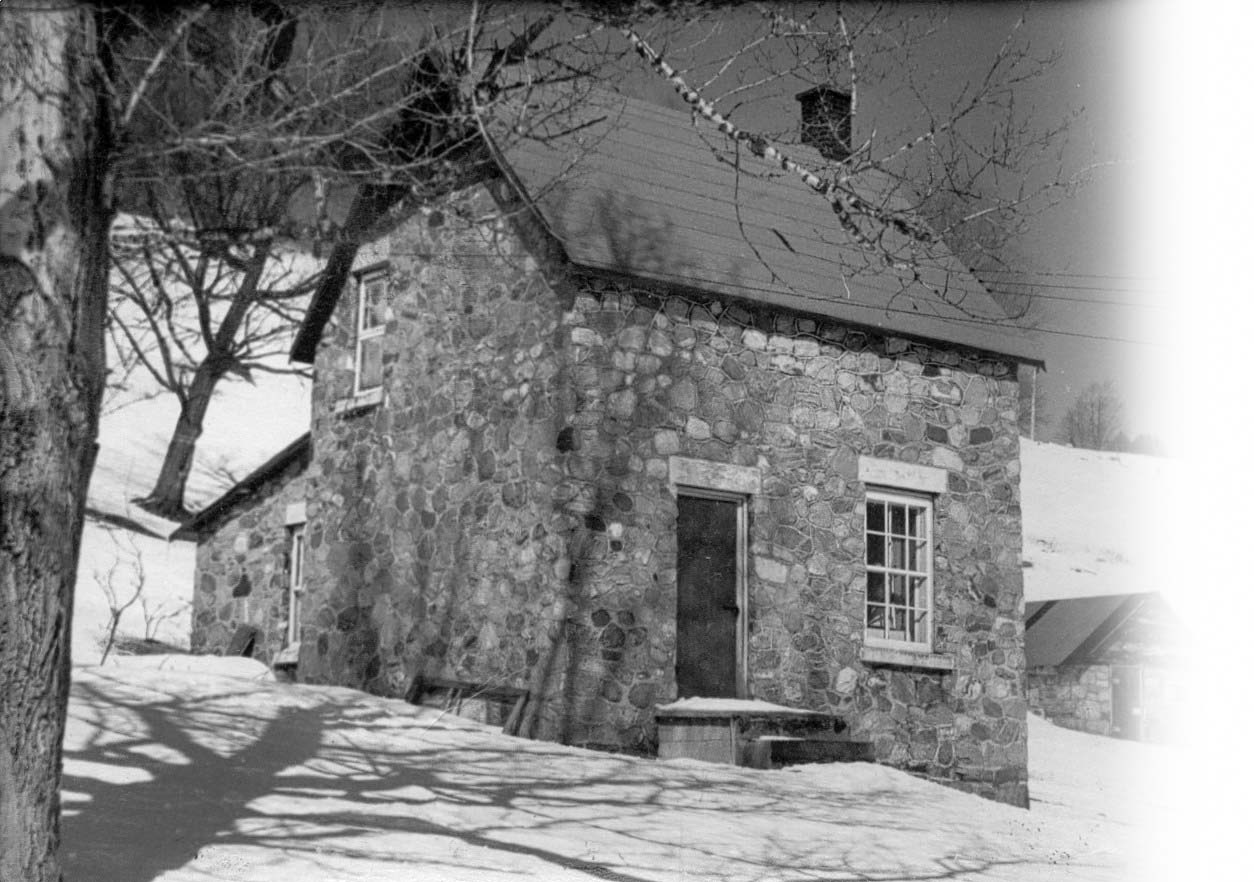
Figure 6: The old McLeod farmhouse, ca. 1947 to early 1950s. Source was the Fudge collection.
|
Chapter Five: Rugged Country
The first pioneer to homestead Jack Pine Hill was Donald McLeod, who was already established there by the time Widdifield Township was surveyed in 1883 (NB LRO, Twp Plan #131, 1883). Like most of North Bay 's early pioneers, Donald came from the Ottawa Valley (Trussler, 197?, “Reflections: North Bay 's terrain...”; R. McLeod interview, 9 Aug. 2002). How he got here is a matter of conjecture. He may have come in on one of the first trains and had some land cleared before the surveyor came through that summer. He may have arrived even earlier, taking the Canada Central Railway (CCR) to the end of its line, canoeing the rest of the way to Trout Lake , and hiking over the well-established high land portage route. He might have stopped for a rest on the hill and liked the look of it so much he decided to put down roots there.
By this time, the Great Depression was a fact of daily life for all Canadians. Most of the farms along the escarpment were abandoned in the 1930s (NBMCA, 1999: 7.1), but the McLeod farm was able to pull through. This was probably a result of several factors. The McLeods relied on dairy farming rather than on grain or vegetable cultivation. This meant that the shallow, sandy, rocky nature of the hill was not as severe a problem, since the soil needed to support only pasture vegetation rather than cash crops. There was also quite a market for milk in the 1930s; one local historian estimates that the citizens of North Bay were consuming approximately one glass of milk per person per day at that time (Gunning, 1996: 152). Also, the Laurentian Ski Club had begun to rent the property in 1929, which meant that the McLeods earned a little extra income during the winter throughout the 1930s.
The farm continued to operate until Magnus McLeod sold the property to the Laurentian Ski Club in 1947 (NB LRO, Parcel 1021 W&F; Parcel 1343 W&F). Clarence and Ella Fudge moved into the stone farmhouse that year, hired by the Club to look after the property year-round, maintain the machinery, and run the chalet's commissary (Fudge interview, 2002). The Fudges lived much like the earlier pioneers must have – they owned a horse and plough, and Ella planted a garden of corn, beans, potatoes, peas, and other vegetables (Fudge interview, 2002).
Jack Pine Hill had stopped being a pioneer's homestead or a family's home. An era had ended, and a new one was beginning. The farmers' fields had turned into skiers' slopes.
(Kooistra, A History of the North Bay Ski Hill page 18-24) |



